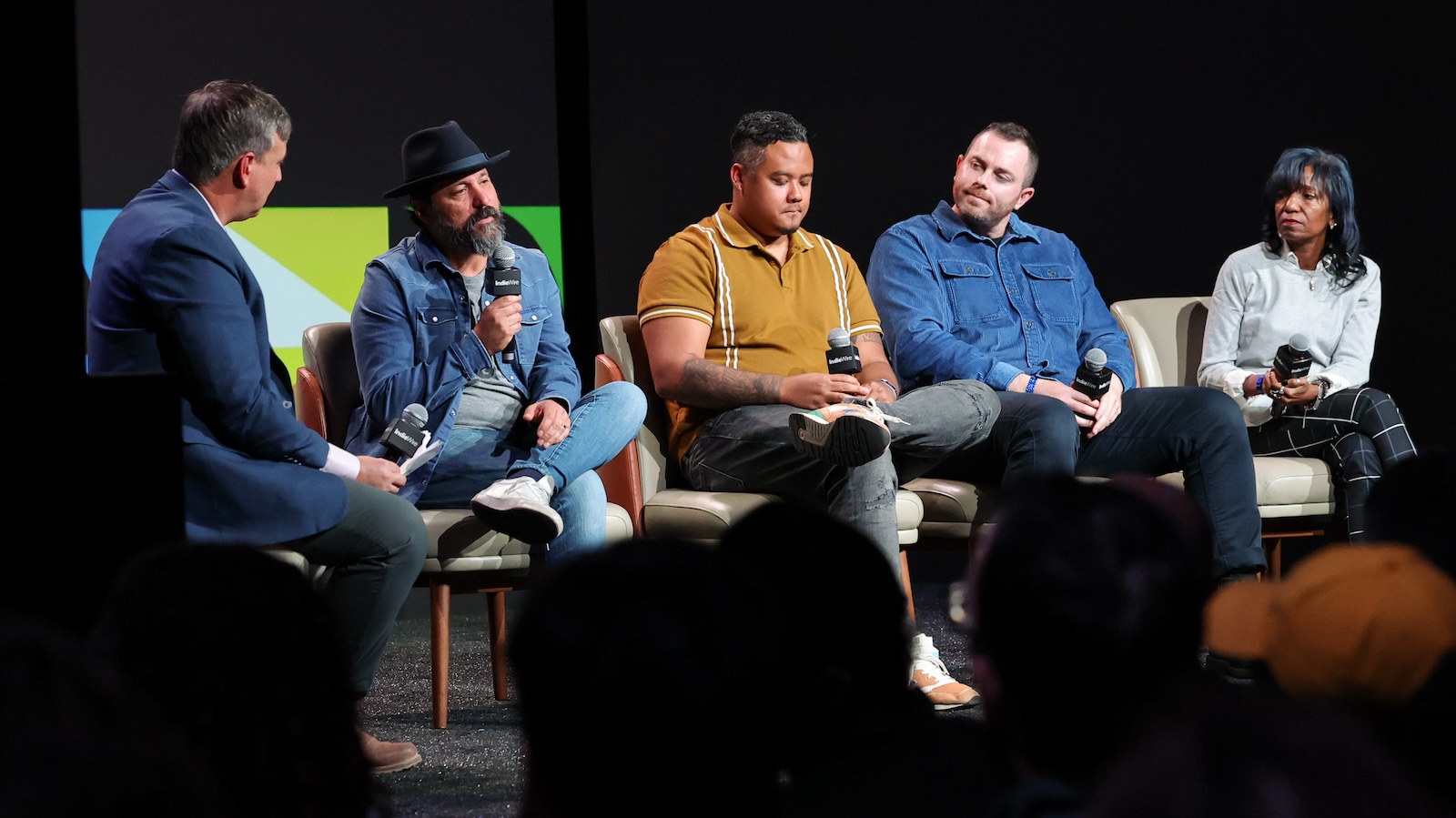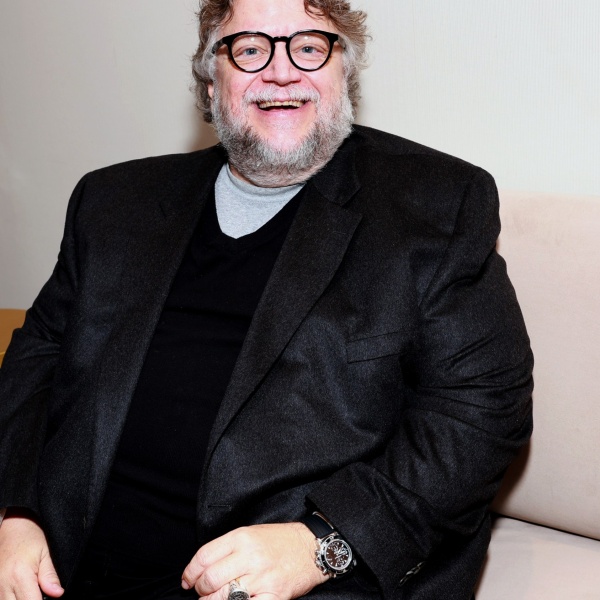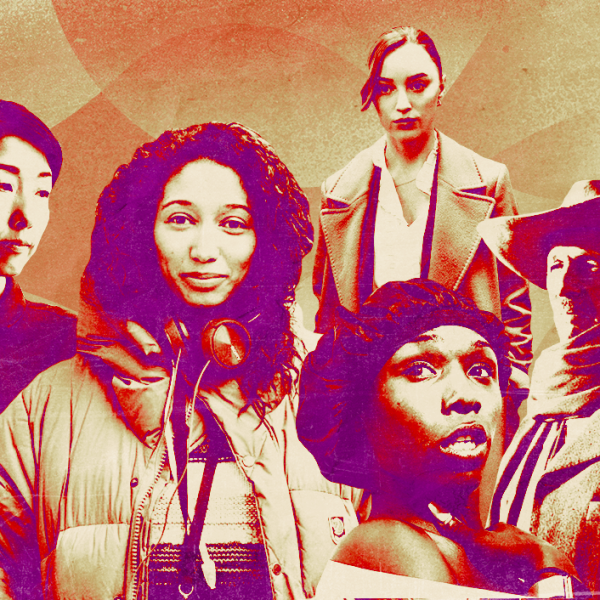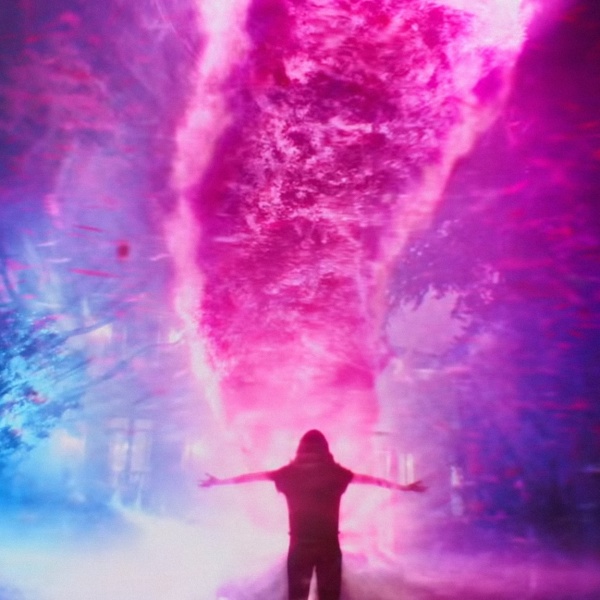In September, Lionsgate announced a partnership with AI company Runway to build internal models based on its library of films and TV shows for pre-vis and storyboarding. However, panelists at IndieWire’s Future of Filmmaking Summit believe AI capabilities will aid filmmakers in pitching their stories and selling their projects.
“It’s not this idea of replacing, it’s this idea of augmenting us as filmmakers and giving us a superpower to really show our vision,” said filmmaker and futurist Dave Clark on the panel titled “How Filmmakers Are — and Aren’t — Using AI.”
The panel touched on how AI is being used in post-production, in animation, for smaller films or documentaries, how filmmakers thinking about using “clean models” for data, and whether audiences will ever transcend the uncanny valley effects of AI creations.
However, AI can already be used as a pre-vis tool by all filmmakers.
“I think we’re there today,” Clark said. “It’s not just independent filmmakers, I’m talking about the top 10 Hollywood filmmakers, they’re using it, and I know because they’re reaching out to me. It’s a thing that’s going to be adopted soon heavily. Right now we’re on the cutting edge of a lot of the tools.”

Erik Weaver, a director with Adaptive Production, said with AI it now takes directors or writers a couple of hours or days to convey their vision, rather than months. The tools allow them to build models on even the most rudimentary sketches that allow for detailed visualizing and concepts.
“You can create amazing new characters, and then all of a sudden you can put them in those storyboards, taking just little basic drawings and building out your whole world,” Weaver said.
Diana Williams, CEO and co-founder of Kinetic Entertainment, said her company is always trying to build out story worlds that can become IP and franchises. That requires coming to a consensus of the characters and themes they’re trying to create, a process that could require months because filmmakers weren’t able to communicate their visions.
“What AI is enabling right now, if it’s in your head, you then have the ability to get it out of your head,” Williams said. “When a filmmaker would go into a studio saying, ‘I’ve got this script and a dream,’ but we don’t get what it is or we don’t believe those people exist. So then you would go back and try to figure out how to do it.”
Often filmmakers would resort to elaborate storyboarding or a “rip-o-matic,” a rough collage of different movie images and ideas that could help convey the look you want to achieve. Now they don’t need to point to someone else’s work.

Brian Solomon, creative technology director with Framestore, says when he’s meeting with advertising clients, most pitch decks contain at least one AI-generated image.
“It’s because they’re trying to convey as quick as they can, ‘My idea is possible,’” Solomon said. “The time in which you can give them an answer is the make-or-break of that production even happening sometimes. We love it. It’s show, don’t tell, as all of you know, and anything that we can do to demystify language, like we don’t always say the right words in a pitch, or we might not write it in a certain way. But if you show it and you feel it, it’s indisputable at that point.”
Clark has experienced this first hand, using AI to create concept pitches for films and stories that years ago would not have even gotten him a meeting. With his latest short film “Battalion,” which he single-handedly created entirely through AI as a pitch for a longer film about the only Black soldiers to land on the Normandy beaches on D-Day during World War II, he started getting a lot of meetings because people could see the exact vision he had in mind.
“The sooner that a filmmaker can realize that these tools are nothing without your story, without your creativity, without human ingenuity, I think the quicker we can empower ourselves to use them and not make them the boogeyman,” Clark said. “They’re just another tool in the shed we can use to tell our stories.”
Watch IndieWire’s full “How Filmmakers Are — and Aren’t — Using AI” panel above.
Special thanks to our Future of Filmmaking Summit partners: Canva, Kino, SAGindie, The American Pavilion, United for Business, and The Walt Disney Studios.




